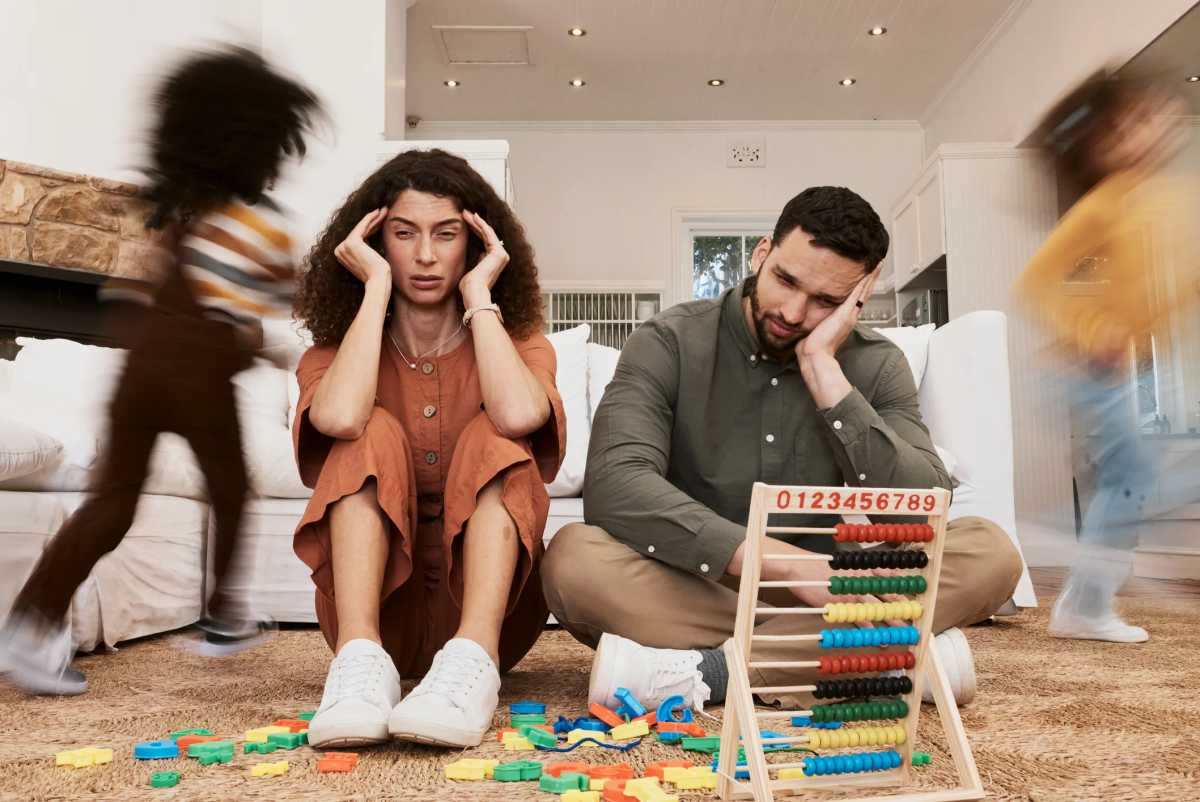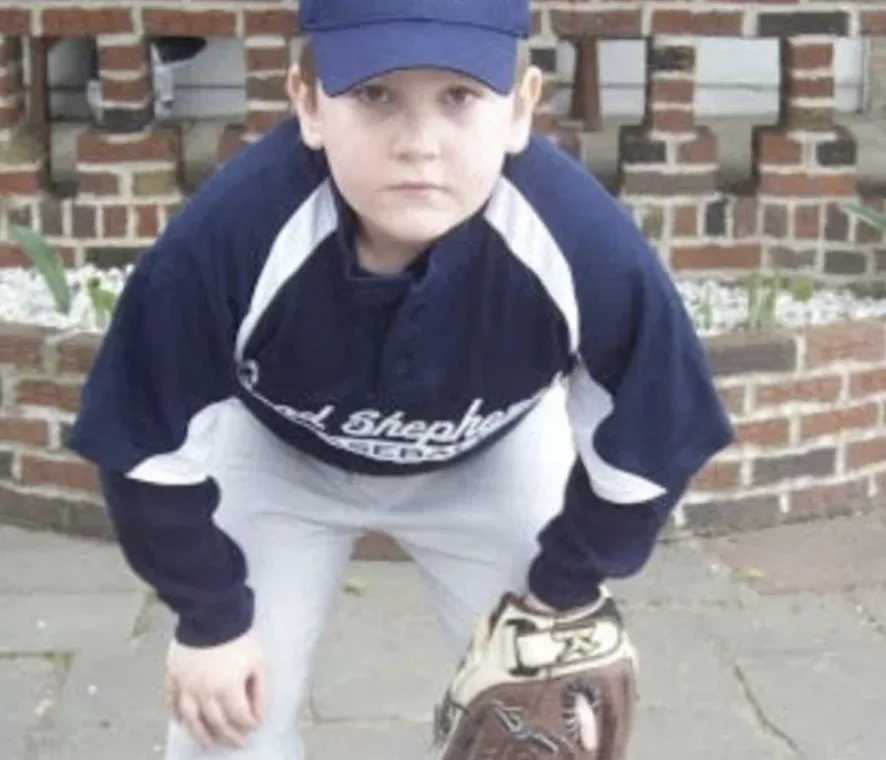Young children bite for a variety of reasons – teething, feeling frustrated, seeking attention, looking for a reaction, or just exploring their world. With a little guidance, however, you can help them stop this behavior. Here are 10 tips to help.
1. Address it immediately. When your child bites another person explain in simple terms that biting hurts and is unacceptable. Be calm and loving but firm.
2. Resist retaliation. Don’t bite back; children learn by imitation and this only reinforces the behavior.
3. Try time out. Remove your child to a time out area to calm down. In general, allow one minute per the child’s age. Short times can be effective, but longer ones may create more frustration and be counterproductive.
4. Help your child articulate emotions. If your child seems frustrated, angry, fearful or overwhelmed, attach words to what he is feeling so he can communicate it to you in the future.
5. Find alternative behaviors. If your child is frustrated or angry, suggest other ways to express emotions, such as hugging a stuffed animal or hitting a pillow.
6. Redirect attention. If biting is due to boredom or excitability, redirect your child to a positive, engaging activity, such as reading a book, coloring or playing a game.
7. Address basic needs. Watch for signals that your child is tired, hungry or not feeling well and meet those needs before behavior spirals out of control. Moreover, if your child is teething, provide a cool teething ring or cloth to bite into to relieve tender gums.
8. Prepare for transitions. Before going into a new situation, tell your child what to expect so he doesn’t get overwhelmed.
9. Consider change. Children who are experiencing a change in life or routines (i.e. new baby, new home) may resort to biting for attention. If so, be proactive by giving your child plenty of attention, so he doesn’t resort to biting.
10. Seek professional help. If biting continues past the age of 4 or 5, address it with your pediatrician or behavioral specialist.















